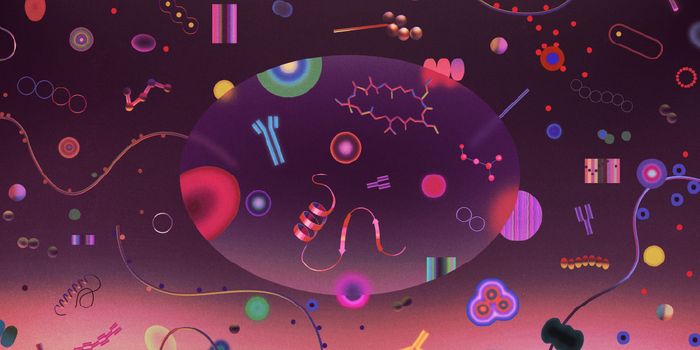Antidepressants and Anti-epileptics During Pregnancy May Affect Infant Brain Development
Fetal exposure to a mother's anti-epileptic or antidepressant medication may affect infant brain development. The corresponding study was published in Frontiers in Neuroscience.
Up to 5% of infants are exposed to maternal antidepressant medication by serotonin reuptake inhibitors (SRI) during pregnancy. The effects of these medications on infant development, however, are not fully understood.
In previous studies, the researchers behind the current work found that changes in cortical activity during sleep provide 'important information on infants' neurological condition'.
To understand more about the effects of antidepressant medication on fetal brain development, the researchers developed novel mathematical methods to analyze EEG readings from children while they slept. They then compared these readings with evidence of exposure to various medications while in the womb.
In doing so, they found that exposure to both antidepressants and anti-epileptic medications is linked to widespread changes in cortical networks.
While antidepressants affected local cortical networks more, anti-epileptics were linked to drug-specific effects on brain-wide networks. Particularly significant, noted the researchers, was that some of their EEG findings were linked to children's subsequent neuropsychological development, with stronger network changes predicting greater deviation in development by the age of two years old.
The researchers say that their new ways to assess EEG readings open ways to assess interneuronal mechanisms. In particular, they lead to opportunities to compare results observed in human children with research conducted in animal models, which could benefit translational research.
For example, knowing if an animal model of certain neuronal circuitry matches human models could enable researchers to study the effects of a maternal drug treatment on offspring brain function.
"Our novel methods provide a general analytical framework to support extensive future research on the questions of how fetal brain development is affected by changes in the intrauterine environment, "said Professor Sampsa Vanhatalo, one of the authors of the study.
"Such studies may go far beyond maternal drug treatment, including also mother's nutrition and overall physical condition, as well as myriad of further environmental factors," Vanhatalo summarises," he added.
Sources: Frontiers in Neuroscience, Science Daily









